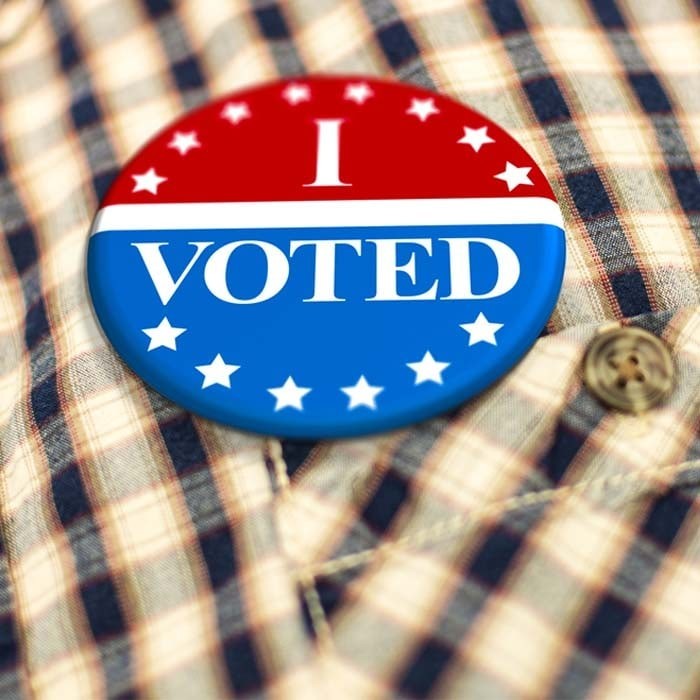- Management
- Article
- 6 min. Read
- Last Updated: 11/02/2016
Do Employers Have to Give Their Workers Time Off to Vote?

Table of Contents
Before Election Day (November 8th), employers should make sure they know their state's rules regarding giving employees time off to vote. Some localities have their own rules as well.
Voting leave laws, may vary by state and sometimes, by locality. Thirty states require that employers covered by the law allow their employees at least some time off to cast their ballots, which is generally between one to three hours.
More than two-thirds of those 30 states requiring time off to vote stipulate that employees should be paid for the time. California, for example, requires that employees get two paid hours of leave to vote either at the beginning or end of their shifts if they do not have sufficient time outside of working hours to vote. The employer may reserve the right to select which hours employees may take off. Iowa requires that any employee whose work schedule does not provide him or her three consecutive hours between the opening and closing of the polls during which the employee is not required to be on the job be provided up to three paid hours off in order to vote.
The laws also differ in other ways. For example, some states permit employers to require employees to provide advance notice that they are going to take leave to vote and specify how long in advance they must give that notice. Others allow employers to require proof that the employee voted in order to be paid for the time off.
The penalties for violations of the applicable voting leave laws also vary. In many of the states with voting leave laws, the statute does not address penalties, while others carry steep fines and penalties; a business in Colorado or New York may face the loss of its corporate charter if it prevents a worker from voting.
So, what can employers do to ensure they are in compliance with applicable voting laws?
The most important thing is to carefully review applicable local and state voting leave laws. Employers will also want to communicate the law to their employees to prevent any misunderstandings and to ensure employees take the time to vote outside of work if they won't have the opportunity to vote during work hours. Some state laws require that employers post a notice about the voting leave law in the workplace, and employers may also want to consider putting a policy addressing voting leave in their employee handbook.
Tags







